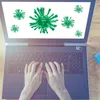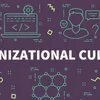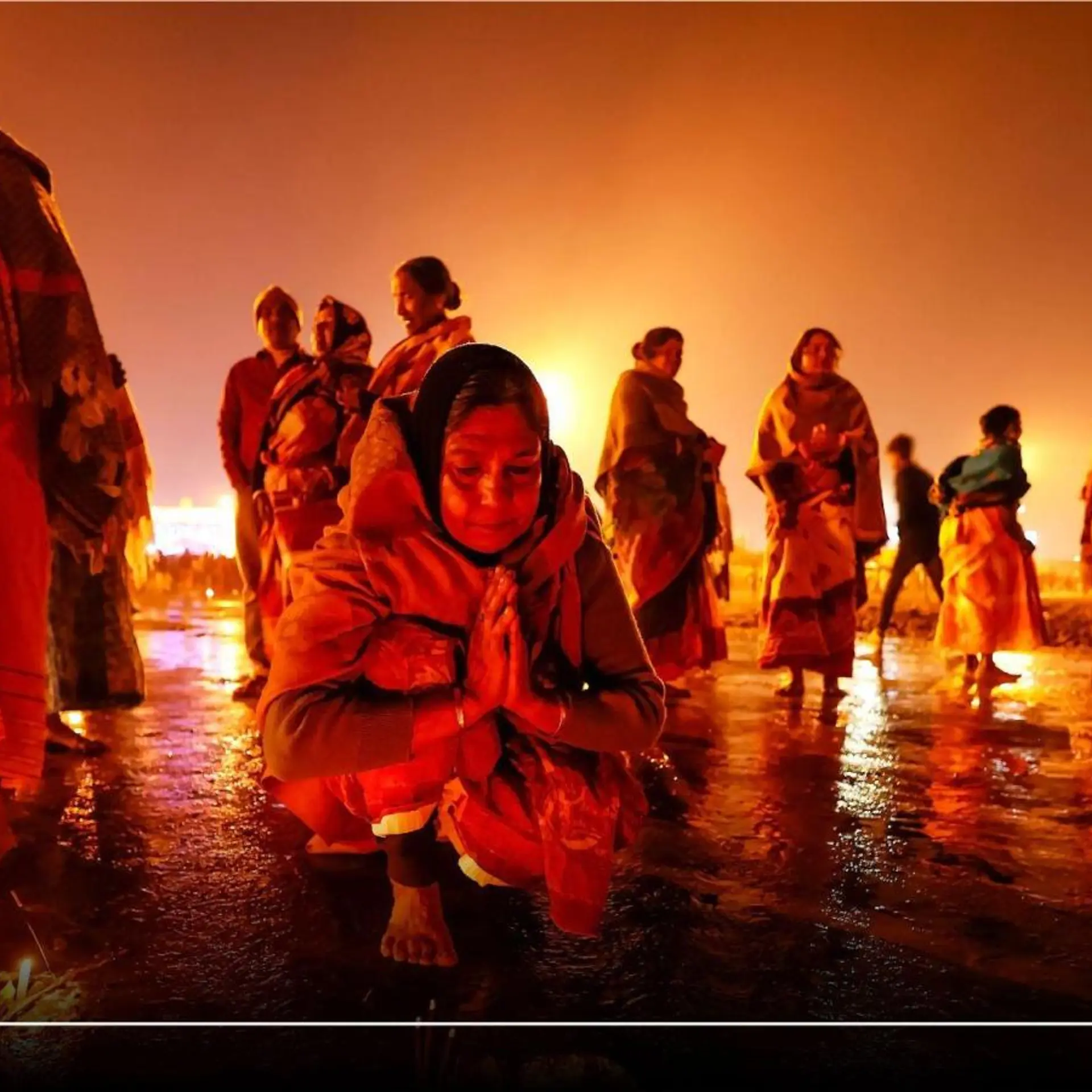3 Cs of business success amid coronavirus crisis: commerce, customer, and conscience
In Part II of this interview, bestselling author Giles Lury shares advice on changing customer attitudes, internal transformation of brands, and new types of innovation during the COVID-19 crisis.
Giles Lury is director of brand consultancy, The Value Engineers, and author of From Ideas to Iconic Brands (see my book review here). He has written six other books, including Iconic Innovations, Adwatching, The Prisoner and the Penguin.

In Part II of this chat with YourStory, Giles talks about recovery curves, repositioning of brands, and re-assessment of life priorities (see Part I of the interview here).
Edited excerpts from the interview:
YourStory (YS): What changes do you see emerging in consumer attitude and behaviours due to the coronavirus, and how should brands reposition to tackle this shift?
Giles Lury (GL): This is the $64,000 question, and the answers range from ‘everything will change’ to ‘we’ll go back to normal as basic human behaviour does not change that much that quickly’. I think it will be somewhere in the middle, and again it will vary enormously by sector.
What a number of commentators are saying, however, is that trends that we already saw in the marketplace will accelerate – online shopping being just one example. I think this is true.
I also think we have to remember that while the focus is quite rightly on the medical crisis at the moment, when that ends we will in the climate crisis – and will be facing the biggest recession of the last 100 years.
YS: What kinds of internal transformation will help brands and marketing firms in these difficult times?
GL: I’m not sure that long-term transformational changes should be made now, but short-term adaptations can be key. For many in marketing departments and marketing services, the big shift has been from working in the office to working from home, which brings its benefits and challenges.
Companies need to help people adapt by providing encouragement, support, and understanding – for example, when a three-year-old rushes into the room during a teleconference!
Providing something to replicate the social side of work is also very important. We, at the Value Engineers, have a daily virtual coffee break where whoever can join a 30-minute call where we just chat, not discussing work. We have a weekly yoga session (one of my colleagues is a qualified instructor), a weekly workout session, regular quizzes, and cook-alongs.
Longer term, it will be interesting to see what the impact on working in the office and at home will be. Noting that remote working can work might help with its acceptance, which I think could help working mums.
YS: What kinds of experiments and innovations should brands be trying out now?
GL: I would say there are probably at least four types of innovation that companies should be considering now.
1. What will be the new and existing needs, both obvious and less obvious, that they could address as the crisis subsides. For example, Revlon introduced the first matching lipsticks and nail varnishes in 1933 just as the Great Depression was ending. Many called it frivolous but Charles Revson recognised that woman who had had to wear old and often mended clothes in drab colours, would welcome a splash of colour and femininity as long as they could buy it cheaply.
2. How can they pivot their business? Identifying new uses for existing products or maybe new markets where their capabilities can be applied. I mentioned Dyson earlier – they have real specialist technologies in airflow, small motors, batteries, and filters. This has already taken them from vacuum cleaners into fans and hand dryers, and could now take them into the medtech market
3. Can they capitalise on new behaviours? For example, there has been a lot of media coverage about food waste and the need to cut it down. One practice that some have talked about is using vegetable skins – the leftovers from peeling the vegetables – to make a new kind of crisp.
Pepsico perhaps should be considering a new ‘skins’ brand. Again from history – Fanta was originally made in Germany from leftover fruit when an embargo stopped Coca Cola from sending any syrup.
4. Are there any products that are vital now but could be adapted for a more non-crisis widespread use? For example, the Jeep transferred from military to civilian use. Can you amend facemasks to have relevance beyond the crisis, and could stylish hospital scrubs be a new fashion trend?
YS: In a time of information overload, what effective knowledge-sharing practices should companies be adopting internally?
GL: Clearly this should include regular communication, giving as much detail as they can, and as much forewarning as to possible future actions. Companies need to show that they really care about their staff.
I think it was Sir Richard Branson who said the customer isn’t king, your employees should come first. That’s because if employees are committed and motivated, your customers will get the best service.
YS: How should brands reposition themselves and take on more proactive initiatives instead of reactive mode?
GL: Overall I think brands need to think about the ‘3 Cs’ – commerce, customer, and conscience. They will need to be making some money and driving growth (and paying their taxes). They will need to address old and new customers, and do so in a world of climate change and social pressure.
More specifically, they need to review the specific propositions in light of three key factors: customers’ post-crisis attitudes and drivers, the recessionary context, and any innovation they are undertaking now.
YS: What’s your sense of how long it may take different sectors to recover, and how does this affect brands in terms of near-, medium- and long-term plans?
GL: Different sectors will take different times, but it is clear that the ones involving larger gatherings of people and international travel will be among the last to recover.
Some don’t need to recover – they are doing very well. These include some of the food companies, streaming companies, gaming companies, and of course online retailers. Analysts forecast Amazon to report first-quarter revenues of $73 billion. That would be up nearly 22 percent on the same quarter last year, and works out as sales of $10,000 every second (including day and night).
How long it will take restaurants bars and clubs to recover depends on how you see people responding to the end of the crisis. Will this be seen as chance to go out and celebrate and do what hasn’t been possible?
Or will new at-home cooking, drinking and socialising keep at least some at home? It could be affected by the economic situation – will people who have lost their jobs be able to afford to go out as they did before?
Airlines are already talking about new plans like reduced numbers on planes, and no one sitting in middle seats. But people may be wary of travelling to a number of countries, which could hit economies that rely on tourism very hard indeed.
It may also be that some brands in some sectors never recover – particular non-food ‘bricks and mortar’ retailers. The UK has already seen a number of large brands, including Cath Kidston and Debenhams, file for administration due to insolvency.
YS: How are you yourself coping with this crisis, in terms of work and social life? What are you doing to stay physically and emotionally healthy?
GL: These are unusual times and like lots of people, I’m adjusting to a new ‘way of life’. I try and count some of my blessings – I have a house and a garden, and most of our children are here with us. I’m in constant contact with the others. I can do a lot of work from home, and work in a company with an amazing group of people and an amazing culture.
I’m talking, texting, and WhatsApp-ing friends. I’m trying to make sure I exercise regularly and have started a course on the Science of Well-being, I’m researching and writing more stories, and trying to broaden my learning through reading.
So, hopefully am I nurturing mind, body and soul. But having said that I still have good days and bad.
YS: What are some key life lessons this crisis has taught you?
GL: To value the truly good things in life – family, friends, the wonder of nature.
YS: What are your parting words of advice or tips for the innovators and marketers in our audience?
GL: If your brand is currently struggling, don’t panic. See if you can pivot the brand or your capabilities into new markets.
Think deeply about people as we come out of the COVID-19 crisis - what will be their needs, obvious and less obvious? The best brands combine ‘commerce, customer, and conscience’.
(Edited by Teja Lele Desai)










